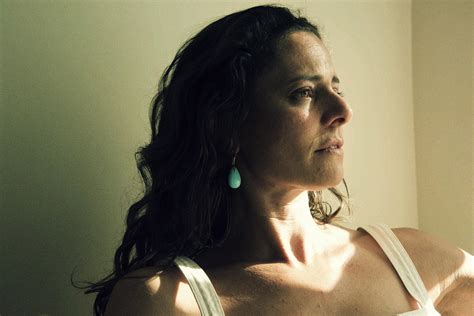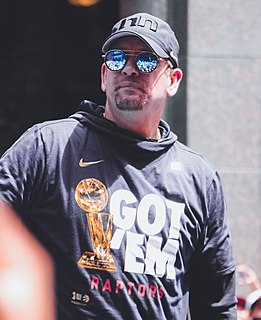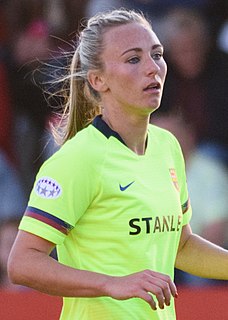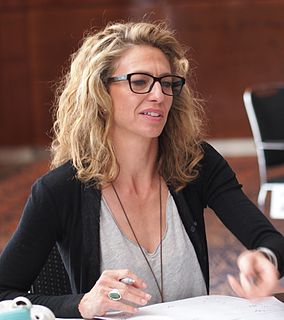A Quote by Ariel Levy
I'm a writer, not an activist. My job is to analyse things, to think them through and examine them.
Related Quotes
I firstly don't think of myself as an activist, I never have. I always say that, I think this word "activist" is relatively recent one. I don't remember when people started being called that or what it means. It reduces both writers and activists, it makes it seem as though a writer's job is to just keep people entertained with best-selling books and the activist's job to keep on repeating the same thing without a great deal of subtlety and intelligence. I don't think either is the case.
If a writer of prose knows enough about what he is writing about he may omit things that he knows and the reader, if the writer is writing truly enough, will have a feeling of those things as strongly as though the writer had stated them. The dignity of movement of an iceberg is due to only one-eighth of it being above water. A writer who omits things because he does not know them only makes hollow places in his writing.
I think that as a writer your responsibility is to search for and stir up the things that are in this world. There is violence in all of us, and beauty, and strength, and weakness. What's my job? To only write about the good and the beauty, or is it to write about all of it? That's my greater responsibility, to write about them as I see them and as they are.
When I am lonely for boys it’s their bodies I miss. I study their hands lifting the cigarettes in the darkness of the movie theaters, the slope of a shoulder, the angle of a hip. Looking at them sideways, I examine them in different lights. My love for them is visual: that is the part of them I would like to possess. Don’t move, I think. Stay like that, let me have that.
People are not "things" to be manipulated, labeled, boxed, bought, and sold. Above all else, they are not "human resources." They are entire human beings, containing the whole of the evolving universe, limitless until we start limiting them. We must examine the concept of leading and following with new eyes. We must examine the concept of superior and subordinate with increasing skepticism. We must examine the concept of management and labor with new beliefs. And we must examine the nature of organizations that demand such distinctions with an entirely different consciousness.





































